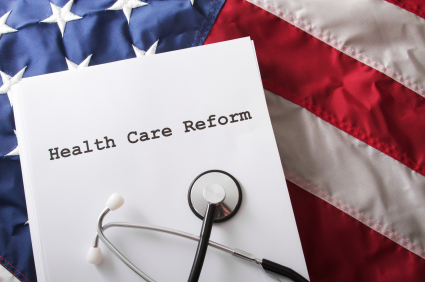It just ain't gettin' any easier is it?
Over the past few years, we’ve seen the Affordable Care Act receive much scrutiny and attention for its individual and employer mandate requirements. With the ACA presenting so many details and implications to understand and address, the Internal Revenue Service’s proposed 501(r) might have seemed buried under a heap of your other patient accounting and revenue cycle priorities. But the new code addendum has the potential to significantly impact tax-exempt hospitals’ ability to bill and collect payment if not properly addressed. In the midst of ICD-10’s certain implementation later this year and the insurance denial complexities it almost promises to deliver, you’re likely looking to avoid any additional delayed or forgone bill payments, right? Getting familiar with the new requirements and taking action to prepare is crucial to minimizing any negative consequences.






